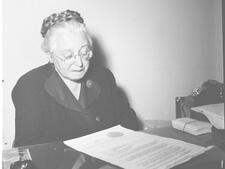Writing: Publishing
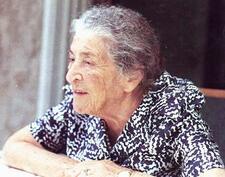
Bracha Peli
Bracha Peli was unique among the literary community of pre-state Palestine, creating what was probably the most successful and dynamic publishing house in the country at the time. Born Bronya Kutzenok in Tsarist Russia, Peli had an expansive and highly successful career.

Wendy Perron
Wendy Perron is a dance writer, educator, teacher, performer, and choreographer. Across her thirteen-year tenure at Dance Magazine, Perron contributed nearly 1,000 individual pieces of dance journalism.
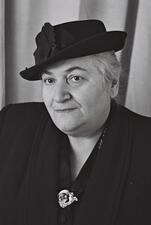
Shoshana Persitz
Born in Russia to wealthy parents, Shoshana Persitz was a passionate Zionist and a leader in education reform. She operated a Hebrew-language publishing house in Russia before making Aliyah to Israel, where she continued in publishing and served three terms in the Knesset.
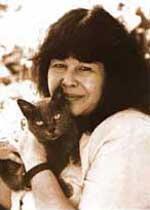
Marge Piercy
Novelist and poet Marge Piercy's life and life’s work reflect her deep engagement with political activism, feminism, and Judaism. In genres including fiction, poetry, liturgy, memoir, and essays, Piercy’s work brings together spirituality, creativity, memory, sensuality, and political engagement.
Printers
Jewish women have been involved in the production of Hebrew books from the earliest days of Hebrew printing. Until the nineteenth century, printing was a cottage industry, with an entire family joining in. Both Jewish and non-Jewish widows mainly took over the printing press after their husbands died, and women were involved in printing in both the Sephardi and the Ashkenazi worlds.
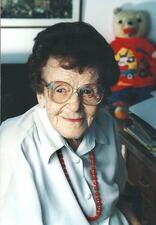
Prose Writing in the Yishuv: 1882-1948
Female Yishuv writers have often been ignored in discussions of Jewish literature from the period. As the sometimes-melancholy tone and escapist themes of their writing show, these women struggled to escape the margins in pre-state Palestine. Nonetheless, the works of these female writers offer important insights into the lives of Yishuv women and paved the way for contemporary women writers.
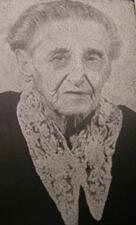
Puah Rakovsky
Puah Rakovsky dedicated her life to working towards the empowerment of Jews, particularly of Jewish women. She was a revolutionary woman, taking on important roles as an educator, translator, organizer of women, and an early socialist Zionist.
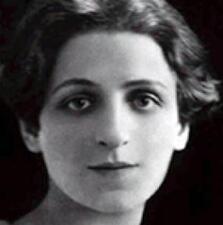
Laura Riding
Laura Riding, also known as Laura Riding Jackson, was an unconventional poet and critic who is credited with helping shape modern poetry.
Gail Rubin
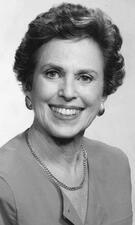
Sallyann Amdur Sack
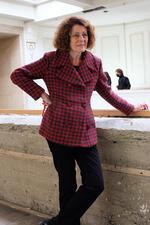
Rachel Salamander
Rachel Salamander is a writer, scholar, editor, and publisher. Born in 1949 in a DP camp in Germany, she has written and published multiple works about German Jewry and DP camps after World War II. In 1982, Salamander established the Literaturhandlung in Munich, a prominent bookshop and meeting place specializing in Jewish literature.
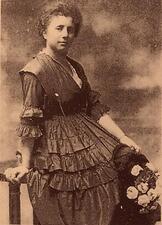
Margherita Sarfatti
Born into a wealthy Venetian Jewish family, Margherita Sarfatti joined the Socialist Party and became the art critic for the newspaper Avanti!, where she met Benito Mussolini. The two became lovers, and she followed Mussolini into the Fascist movement and helped plan the rise of the Fascists, only abandoning his cause when Mussolini embraced antisemitism in 1938.
Dorothy Schiff
Dorothy Schiff led many lives, from debutante to social reformer, but she is best remembered as the publisher of the New York Post, the first woman to run a New York newspaper. Her publishing philosophy was simple: The Post must avoid “narrow-mindedness, prejudice, and all the things it is the business of liberals to fight.”
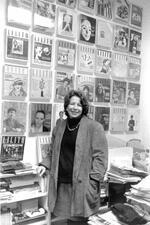
Susan Weidman Schneider
Eva Schocken
As the daughter of Salman Schocken, founder of Schocken Books, and later as editor and president, Eva Schocken pushed the publishing company to the forefront of both education and women’s studies.
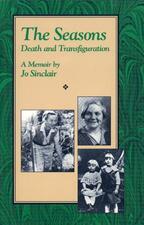
Jo Sinclair
Mollie Slott
During a 56-year tenure with the Chicago Tribune-New York Daily News Syndicate, Mollie Slott guided the daily operation of a nationwide news distribution service that, in addition to the comics, included columns of advice, sports, politics, and serialized fiction.
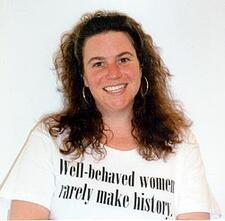
Rivka Solomon
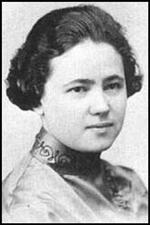
Mollie Steimer
Mollie Steimer earned nationwide attention for her refusal to compromise her anarchist beliefs during the widely publicized 1918 trial in which she was sentenced to prison under the Sedition Act. Later deported to Russia and then to Germany, Steimer continued her anarchist activities throughout her life.
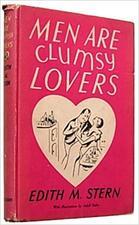
Edith Mendel Stern
A prolific writer as well as an activist in the mental health field, Edith Stern authored four novels and many guides for laypeople on the subjects of mental illness, aging, and differently abled children.
Debbie Stoller
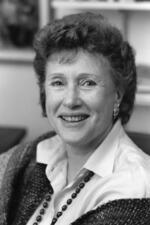
Amy Swerdlow
Amy Swerdlow (1923-2012), child of a Communist household in the Bronx, shared her parents’ dedication to making a better world but developed her own political agenda. She became a leader of the global women’s peace movement, a pioneer in the field of women’s history, and a professor of history and women’s studies at Sarah Lawrence College in Yonkers, New York.

Marie Trommer
Marie Trommer was an early twentieth-century writer, poet, artist, art critic, and contributor to American Jewish newspapers. After attending the Cooper Union Art School, Trommer became known for her contributions to Jewish newspapers, her poetry, and her oil and watercolor paintings. She was a member of the Creative Writers Group, Society of Independent Artists, and Art Alliance of America.
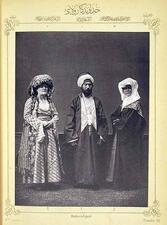
Turkey: Ottoman and Post Ottoman
The Jewish population of Turkey navigated far-reaching changes in the political, social, and geopolitical spheres in the late nineteenth and the early twentieth centuries, as the Ottoman Empire pursued reform and collapsed and the Turkish Republic that took its place imposed a process of “Turkification” on its residents. During this period, Jewish women partook in traditional customs relating to religion, family, and the home, while also accessing new opportunities in the public sphere through education and political engagement.
